The Thoughts That Once We Had (2015)
Gênero : Documentário
Runtime : 1H 40M
Director : Thom Andersen
Sinopse
One of America’s foremost practitioners of the essay film presents a major new work inspired by the writings of Gilles Deleuze on cinema. Andersen’s The Thoughts That Once We Had is a richly layered journey through cinematic history, masterfully edited as it playfully moves across decades and genres, and suffused at every turn by the renowned filmmaker and critic’s lifelong passion for the movies.

Four types of visual interpretation of four songs by Karol Szymanowski. Polish words by Julian Tuwin, English translation by Jan Sliwinski.

Inspired by Flaubert’s Madame Bovary, Sokurov’s Save and Protect recalls the most crucial events of Emma’s decline and fall: affairs with the aristocratic Rodolphe and the student Leon, the humiliation that follows her husband’s botching of the operation on the stable boy’s clubfoot. The universality of the theme of eternal struggle between the soul and the flesh is conveyed through the absence of specific reference to time or place: although the film seems to begin in 1840, its surreal mode effortlessly accommodates an automobile and the strains of “When the Saints Go Marching In” on an off-screen radio. Focusing on passion from a woman’s perspective and downplaying plot, Sokurov explores his subject in exquisite detail, capturing not only the heat of passion but also the quiet moments before and after and the innocent sensuousness of the body.
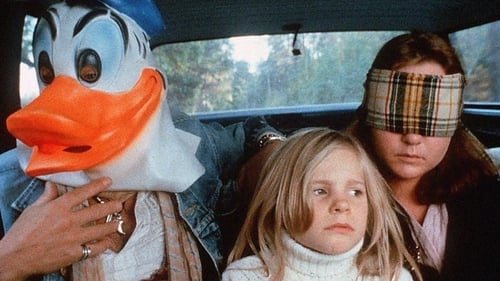
The terrorist Fors arrested after an attack on a OPEC meeting. Shortly afterwards town minister's daughter gets kidnapped by two men who require Fors be released and that he will flight phase to Albania. SÄPO agent Olsson will handle the case.
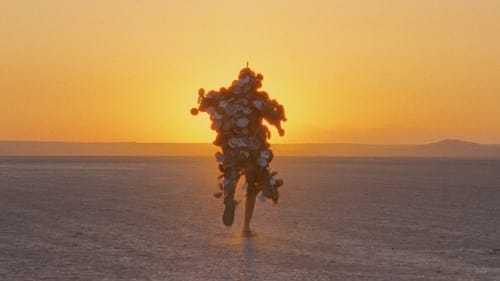
Shooting against the staggering beauty of the Moroccan landscape, from the rugged terrain of the Atlas Mountains to the stark and surreal emptiness of the desert, with its encroaching sands and abandoned film sets, a director abandons his own film set and descends into a hallucinatory, perilous adventure of cruelty, madness and malevolence. A Paul Bowles story combined with observational footage forms a multi-layered excavation into the illusion of cinema itself.

Originally aired on Russian television, this five-part semi-documentary series tells the story of a Russian naval commander in charge of an Arctic-based ship. The film provokes a meditation on solitude and isolation, while revealing the daily duties associated with the ship. Voice-over narration by the commander, other sailors, and even a third-person voice provide the "confession" of the title.
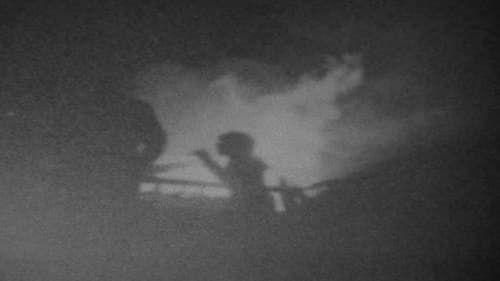
A family's place in the wilderness, outside of time; free-range animals and children, junk and nature, all within the most sublime landscape. The work aims at an idea of freedom, which is reflected in the hand-processed Scope format, but is undercut with a sense of foreboding. There's no particular story; beginning, middle or end, just fragments of lives lived, rituals performed.

A stunning study of real-time light changing from day to night which was filmed in a forest high up in California’s Sierra Nevada Mountains

Short propaganda film. Warsaw's post-war reconstruction as seen through the eyes of the passengers of a red bus.

About the Chinese drivers who transport coal from the coal fields to the buyers.
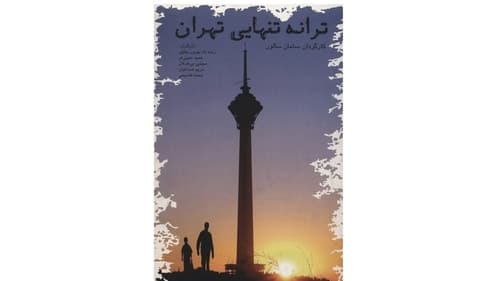
Directed by Saman Salur

A documentary tracing the career of filmmaker François Truffaut through the testimony of collaborators and admirers.

Short science fiction film, a companion piece to Kluge's Der Große Verhau and Willi Tobler und der Untergang der 6. Flotte.

In Men of the City, Isaacs takes a more stylised approach to the lives of workers in the City of London during the recent financial meltdown, balancing sensitive portraits of diverse individuals striving to retain their dignity and humanity in the midst of the crisis. Strong human characters are at the heart of all of Isaacs' work, and with these films he continues to create a unique vision of modern Britain.

A documentary of the life of record collector Joe Bussard.
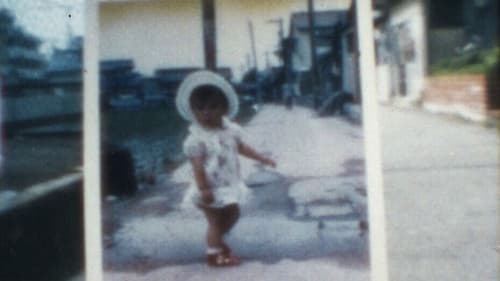
A diary film about Kawase's relationship with her Grandma and the search for her Father, whom she has not seen since her parents divorced during her early childhood.
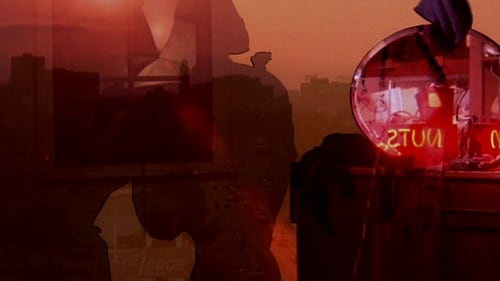
Pat O'Neill, one of the most interesting filmmakers in America today, offers a dazzling reflection on the conflict between nature and man in Los Angeles, or the desertification of the city's surroundings due to its enormous water consumption. More interestingly, it is also a film in the age-old tradition of city symphonies: a film about LA's foundation myths and the dreams it embodies, about its history and (grim) future, its topography and ethnography. O'Neill uses footage from several classic films to recreate the several layers of meaning emanating from the city, juxtaposing images and fantasies and hardly ever allowing one picture to go untouched. George Lockwood's swarming soundtrack is likewise composed of conflicting languages, an elaborate work of plunderphonics in which snippets of sound stolen from movies collide with electronic soundscapes, contemporary chamber music, improv, and what not.

About an aspiring author who wakes up from a 27-year coma as one of his country's finest authors, credited for a book he didn't write.

An hour-long filmed profile of Amos Vogel, 82-year old New York resident and Austrian emigre, founder of the New York Film Festival and America's most important film society, Cinema 16.

A three hour shot containing light, dark, and a BNSF train in the desert.

"Blushing Charlie" - Truckdriver and bachelor Charlie meets homeless and seven months pregnant Pia. They both dream of finding someone to share their lives with. Charlie then faces a dilemma whether to take part in a demonstration in favor of Cuba, and in addition with his employer's truck.









